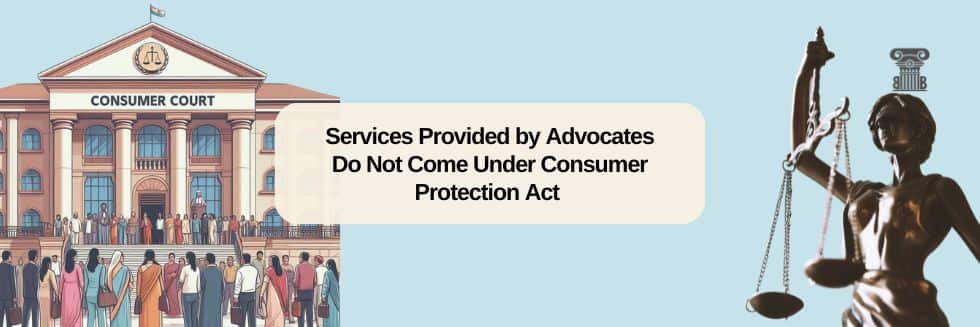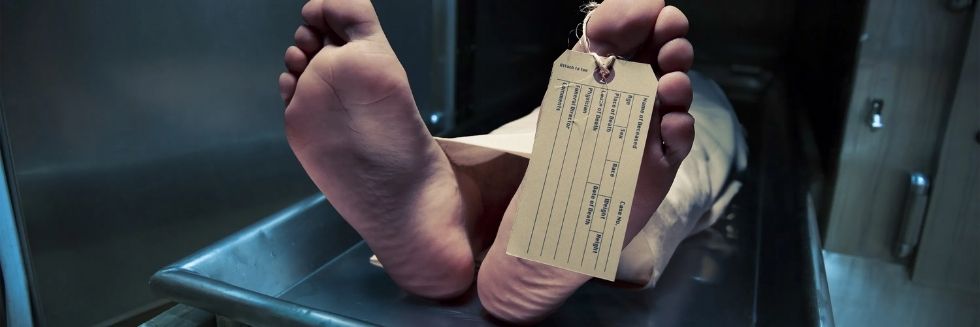In a significant ruling, the Supreme Court declared that legal services provided by lawyers would not be covered under the Consumer Protection Act, emphasizing the unique nature of the legal profession. The verdict, delivered by a Bench comprising of Justices Bela M Trivedi and Pankaj Mithal, underscores that the advocate-client relationship entails distinct attributes, with the client holding direct control over the advocate’s actions.
The Court emphasized the autonomy of clients in directing advocates and highlighted that advocates must not make concessions without explicit instructions. Consequently, the Court concluded that legal services fall outside the purview of the Consumer Protection Act, reinforcing the view that contracts for personal services are excluded from the Act’s definition of ‘services’.
Furthermore, the Court indicated a need to revisit its 1996 decision in Indian Medical Association v. Shanta, which had brought medical professionals under the ambit of the Consumer Protection Act. This decision, the Court noted, may require reconsideration in light of the unique characteristics of the legal profession.
The issue concerning the applicability of the Consumer Protection Act to legal services originated from a 2007 ruling of the National Consumer Disputes Redressal Commission, which had held such services as within the Act’s scope. However, the Supreme Court had stayed this ruling in April 2009.
The appellants in this case, the Bar of Indian Lawyers, were represented by Senior Advocate Narender Hooda and Advocate Jasbir Malik, with Senior Advocate V Giri serving as the Amicus Curiae.
During the hearings, the Bench raised pertinent questions regarding the adjudication of deficiencies in legal services and the accountability of lawyers. It also compared the legal profession with the medical profession, questioning why lawyers should not be subject to the same regulations as medical professionals under the Consumer Protection Act.
The Court’s ruling not only exempts legal services from consumer protection laws but also calls for a reevaluation of the legal framework surrounding professional conduct and accountability in the legal profession.






